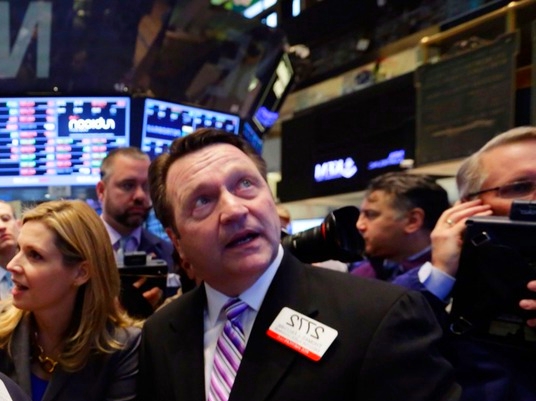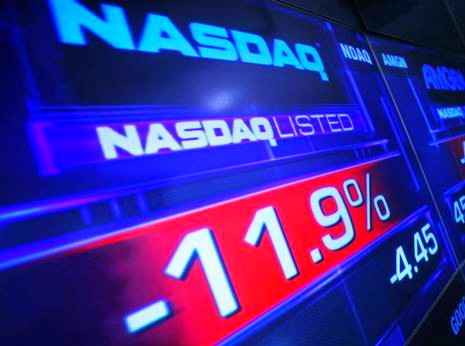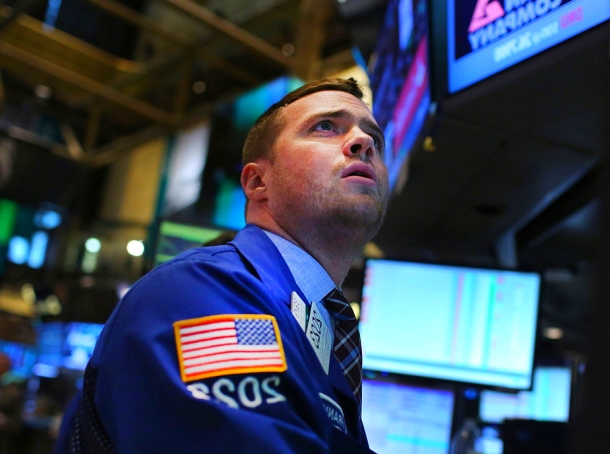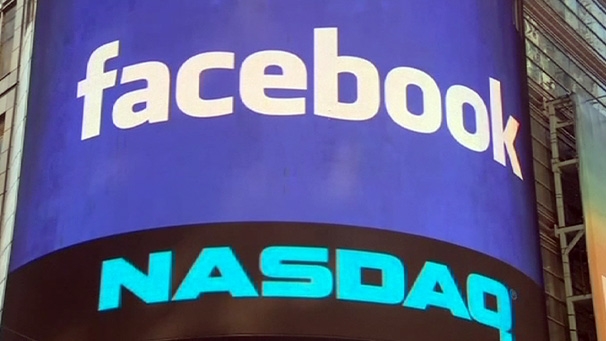Media reports over the weekend suggested Valeant Pharmaceuticals VRX held merger discussions with Actavis ACT , which may now have stalled on financial considerations. Valeant had been signaling that it was seeking to pursue a large acquisition or a merger of equals, so the magnitude of the deal was not surprising, but we were a little surprised by the target. Overall, there may be enough international synergies and tax savings to justify the acquisition, but we do not believe it would be as significant of a value-creating acquisition for Valeant shareholders as some of the firm’s past deals have been. Valeant has also historically pursued struggling pharmaceutical companies, but Actavis, in our view, has fairly bright prospects. For Actavis shareholders, any potential acquisition at a premium to the stock price would be very attractive, as shares already trade at premium to our fair value estimate. We doubt the combined entity would improve competitive advantages enough to warrant a wide economic moat, but we do not plan any changes to our fair value estimates or narrow moat ratings for these firms on the rumors.
Overall, we think a potential combination between these two narrow moat companies would create a powerful player in the specialty pharma industry with nearly $13 billion in combined revenue. The combination probably offers considerable revenue and cost synergies in many international and emerging markets, where fewer differences exist between on- and off-patent drugs. We project Actavis’ international generics business will exceed $2 billion in sales for 2013. The combination would probably also benefit from Valeant’s lower tax rate.
We see limited opportunities for the combination in the more commodified U.S. generics market, where Actavis remains a major player. The deal would be a dramatic shift in strategy for Valeant, making a very large bet on the U.S. generics market for the first time. Actavis’ U.S. generics business reported $3.5 billion in sales in 2012, equal to the $3.5 billion in companywide sales for Valeant in 2012. Valeant has expressed little in interest for competing in the highly commodified U.S. generic market, so its interest in Actavis is surprising.
Valeant has traditionally had success targeting firms with high operating cost ratios and leveraging its salesforce to realize drastic synergies, but it’s unclear which strategic direction this potential merger would ultimately pursue. Actavis continues to fund research for its biosimilars in partnership with Amgen and its novel women’s health franchise. Valeant, meanwhile, has historically focused on slashing drug-development spending. Valeant also probably has little interest in Actavis’ distribution segment, which could spur some asset sales after a potential merger. We think shareholders have benefited from decisions by both management teams over the years, but the ultimate direction of a combined company would probably be determined by whichever CEO, either J. Michael Pearson of Valeant or Paul Bisaro of Actavis, remained on top.
Discover more from Tech News
Subscribe to get the latest posts sent to your email.










